In a marathon 11-hour hearing Thursday, Republican members of the Select Committee on Benghazi put Hillary Clinton’s tenure as Secretary of State on trial before a national audience.
In three rounds of sharp-tongued questioning, House Republicans grilled Clinton on her advisors, her management of embassy security and her push for the U.S. military intervention in Libya. They questioned her management style, her transparency and even her public relations strategies.
The hearing began with an assurance from committee chair Trey Gowdy, a white-haired former prosecutor, that the questions would be focused on the 2012 attacks in Benghazi that led to the deaths of four Americans.
“Madame Secretary, I understand some people have suggested this investigation is about you,” he said, in a rare moment of understatement at the hearing. “Let me assure you that it is not.”
As the hearing opened, it stuck to that script, with both Clinton and her Republican interlocutors seeking to present an image of thoughtful truth-seekers. But with little new material to engage on that front, the hearing soon turned to Clinton’s legacy in the Obama Administration.
For her part, Clinton was eager to use the opportunity to relive her time at Foggy Bottom. She defended her decision to push for the Libyan intervention, laid out a vision for foreign policy that could have doubled as a campaign speech and rattled off some of her accomplishments in the Obama Administration.
Decoding Hillary Clinton's Campaign Photo Ops
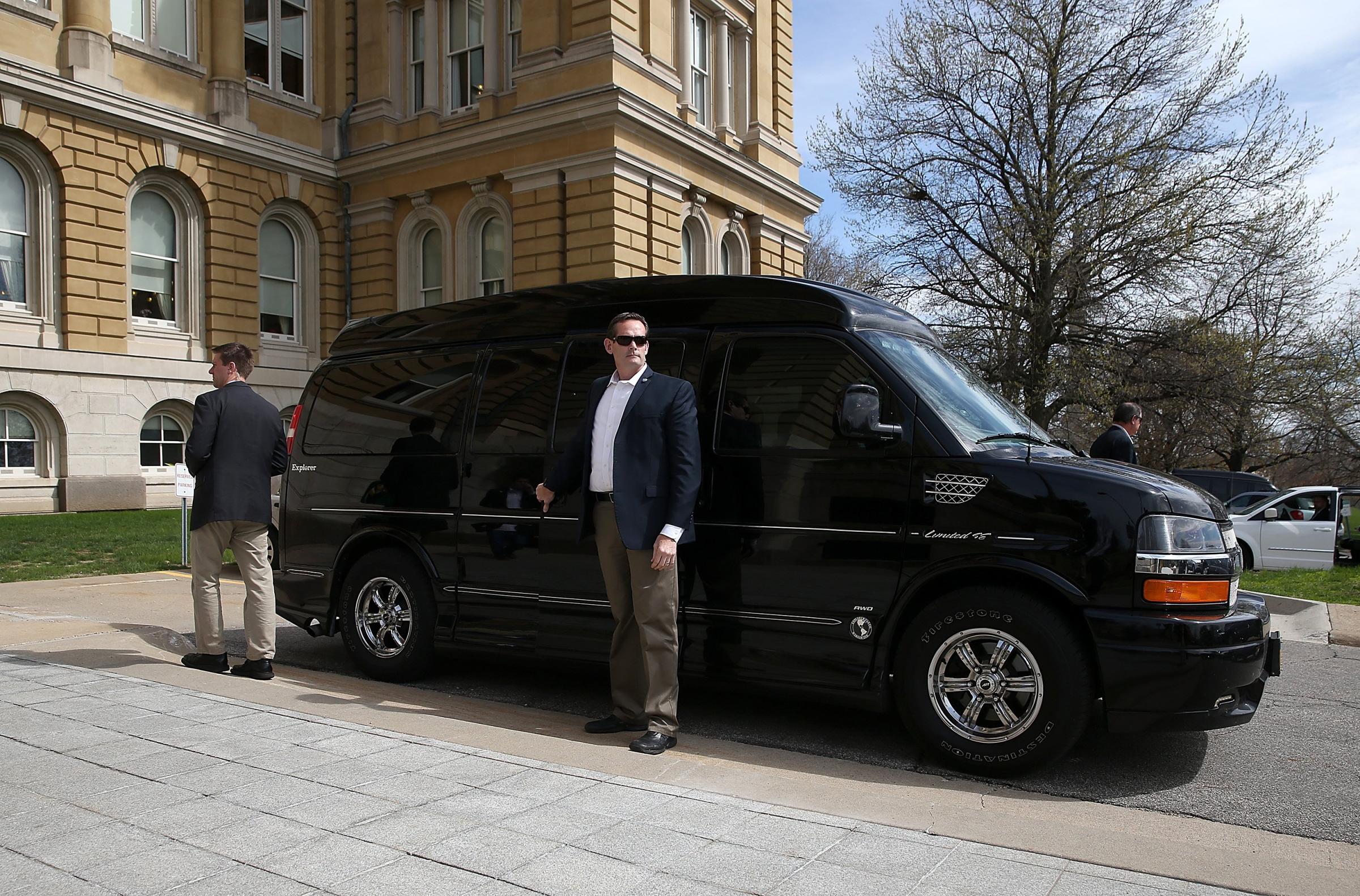
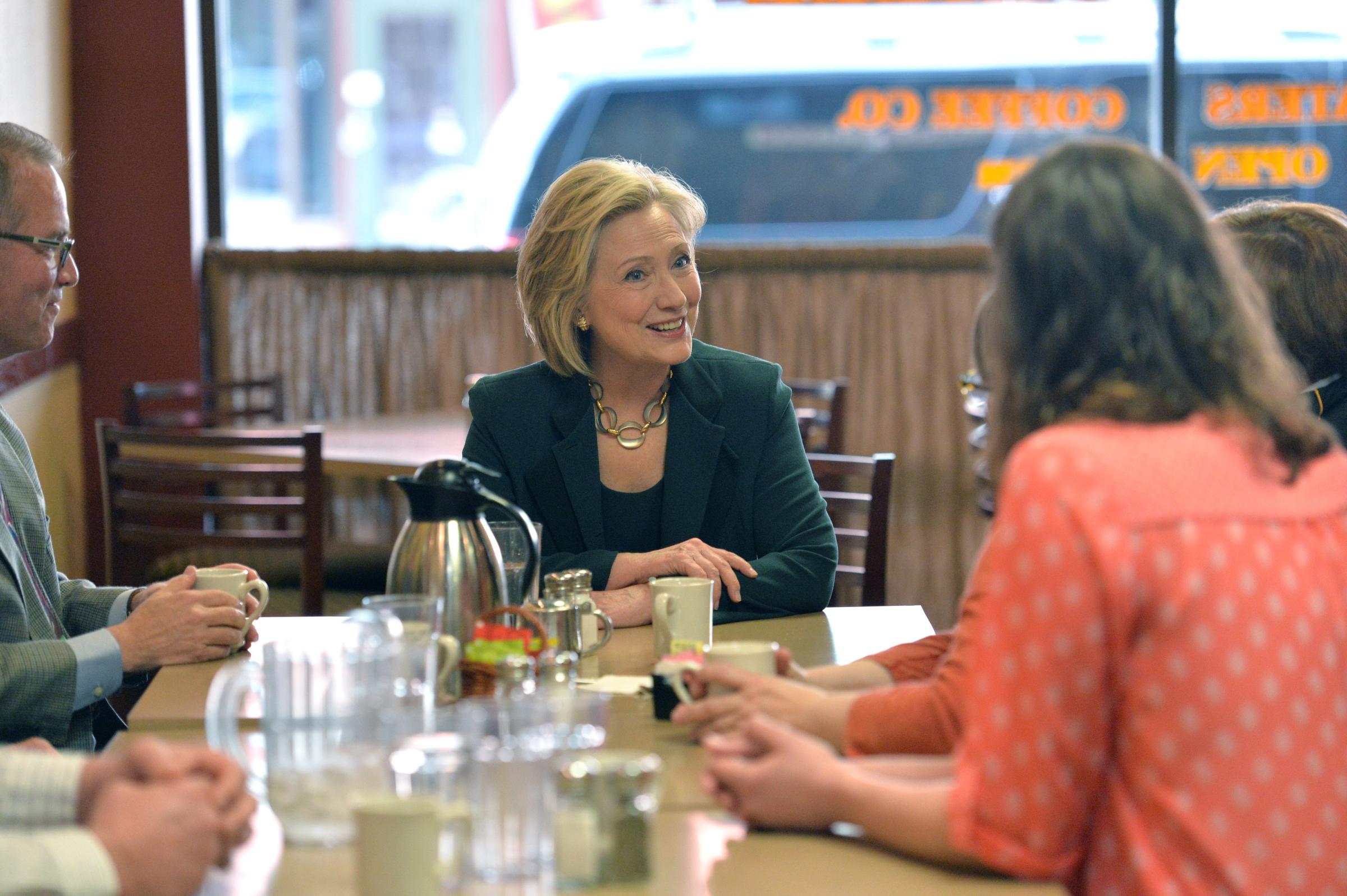
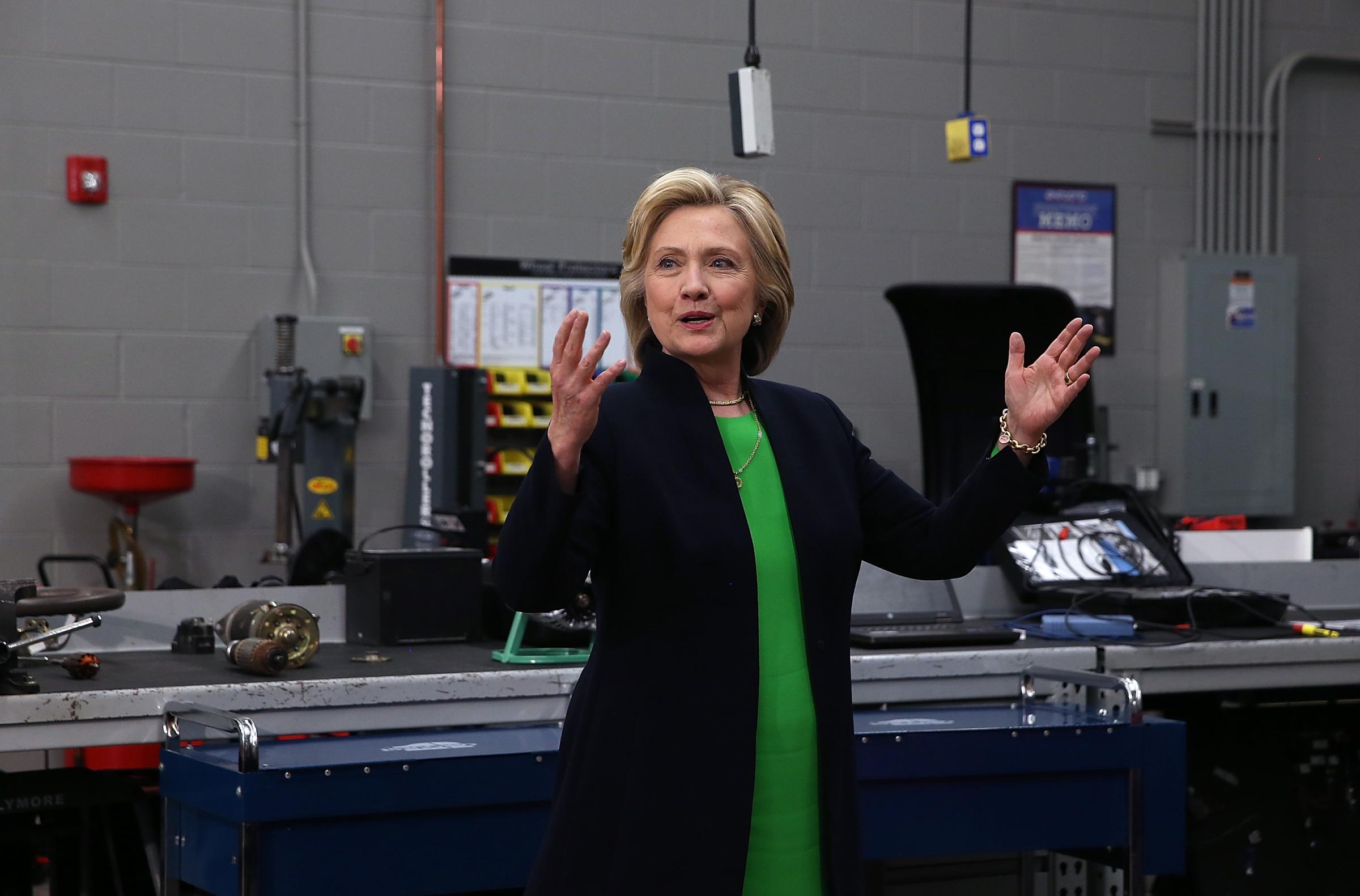
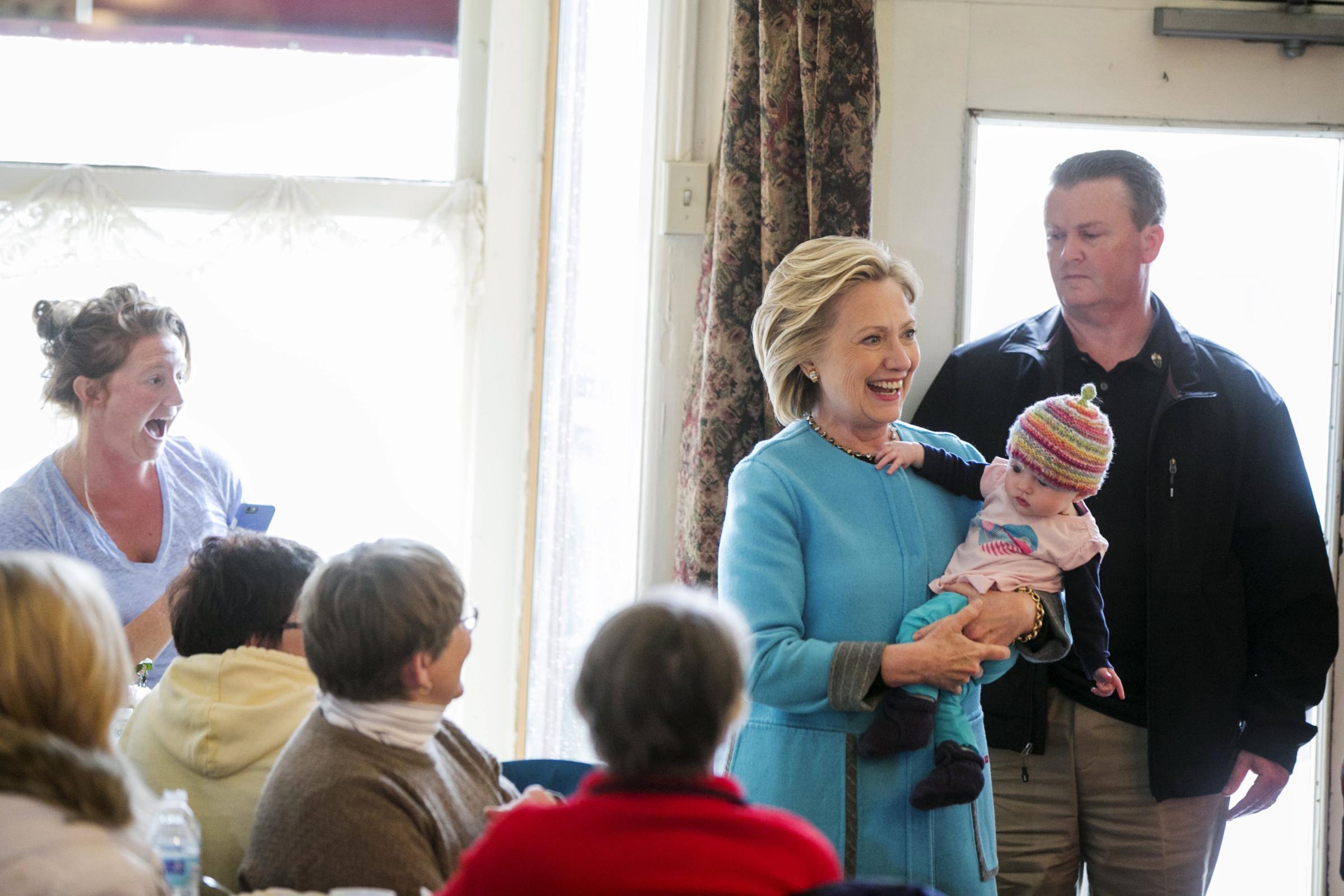

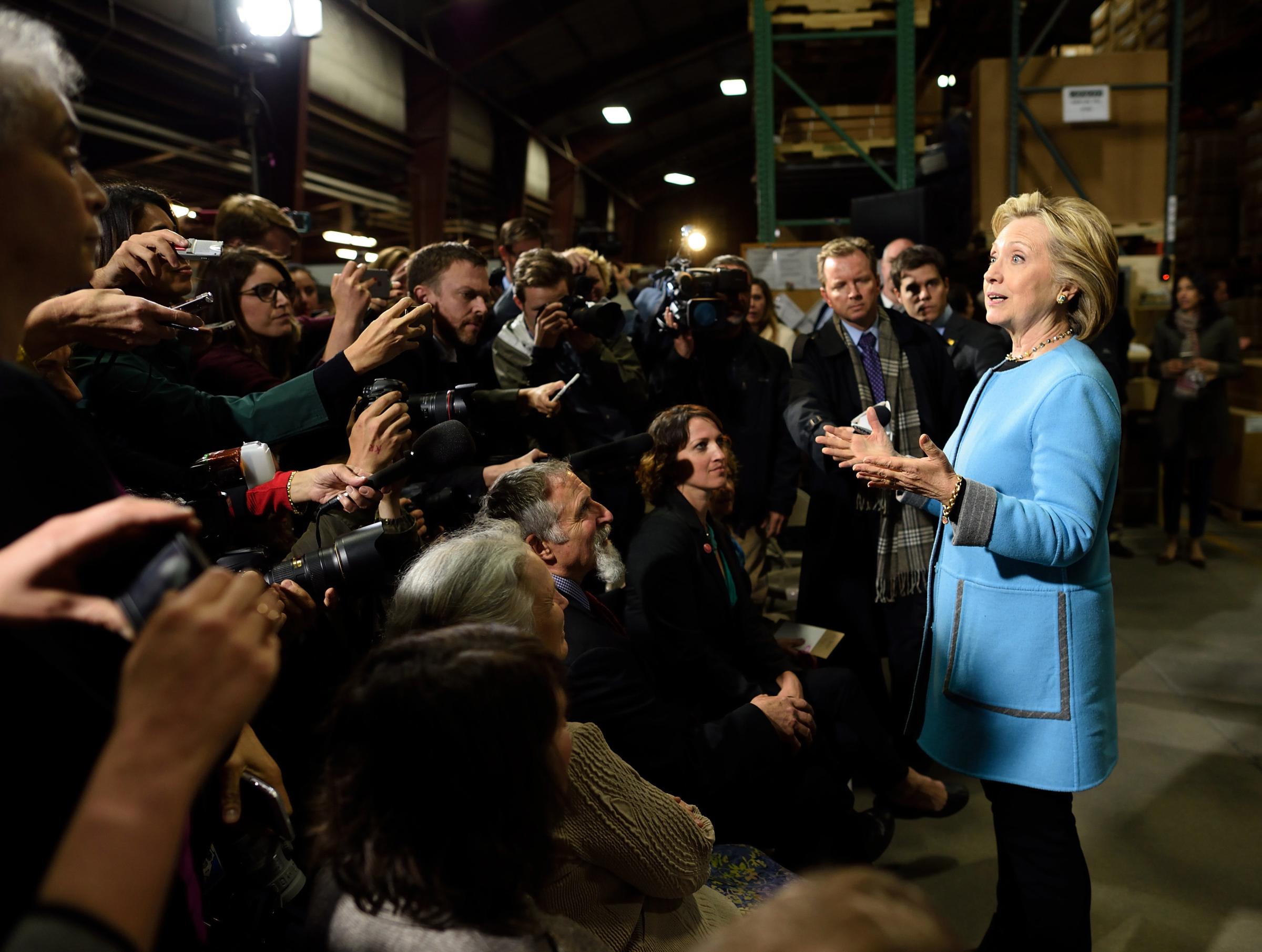
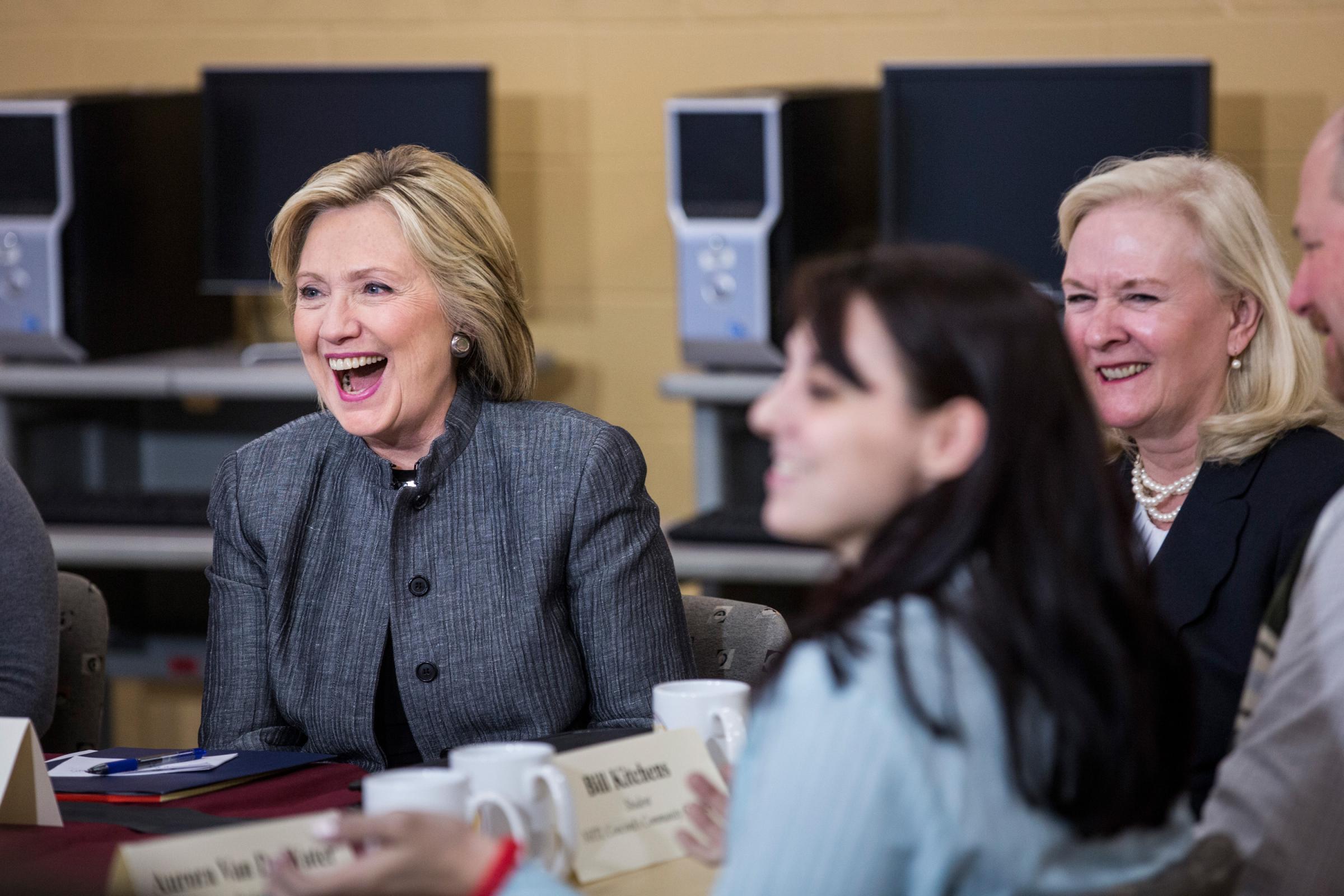
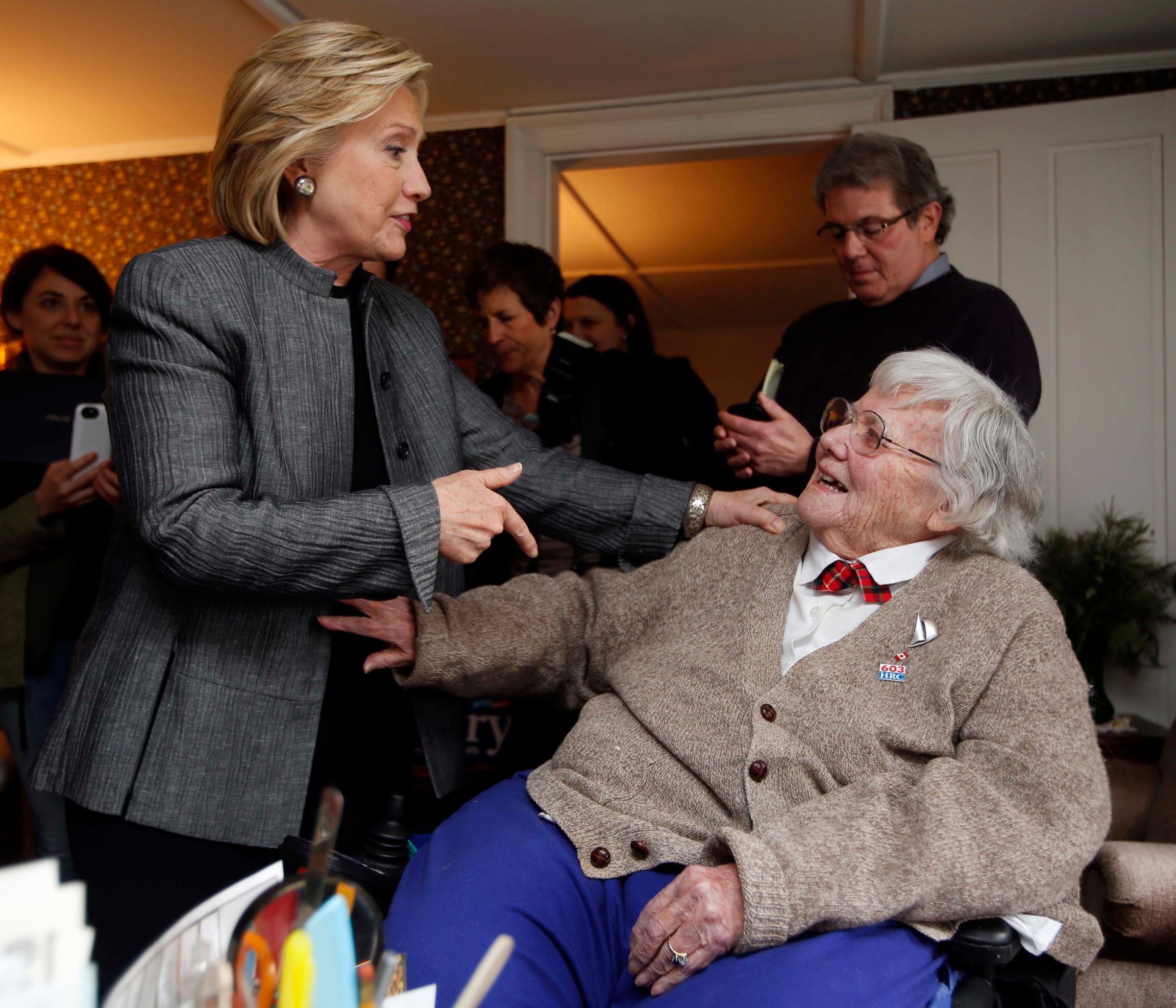
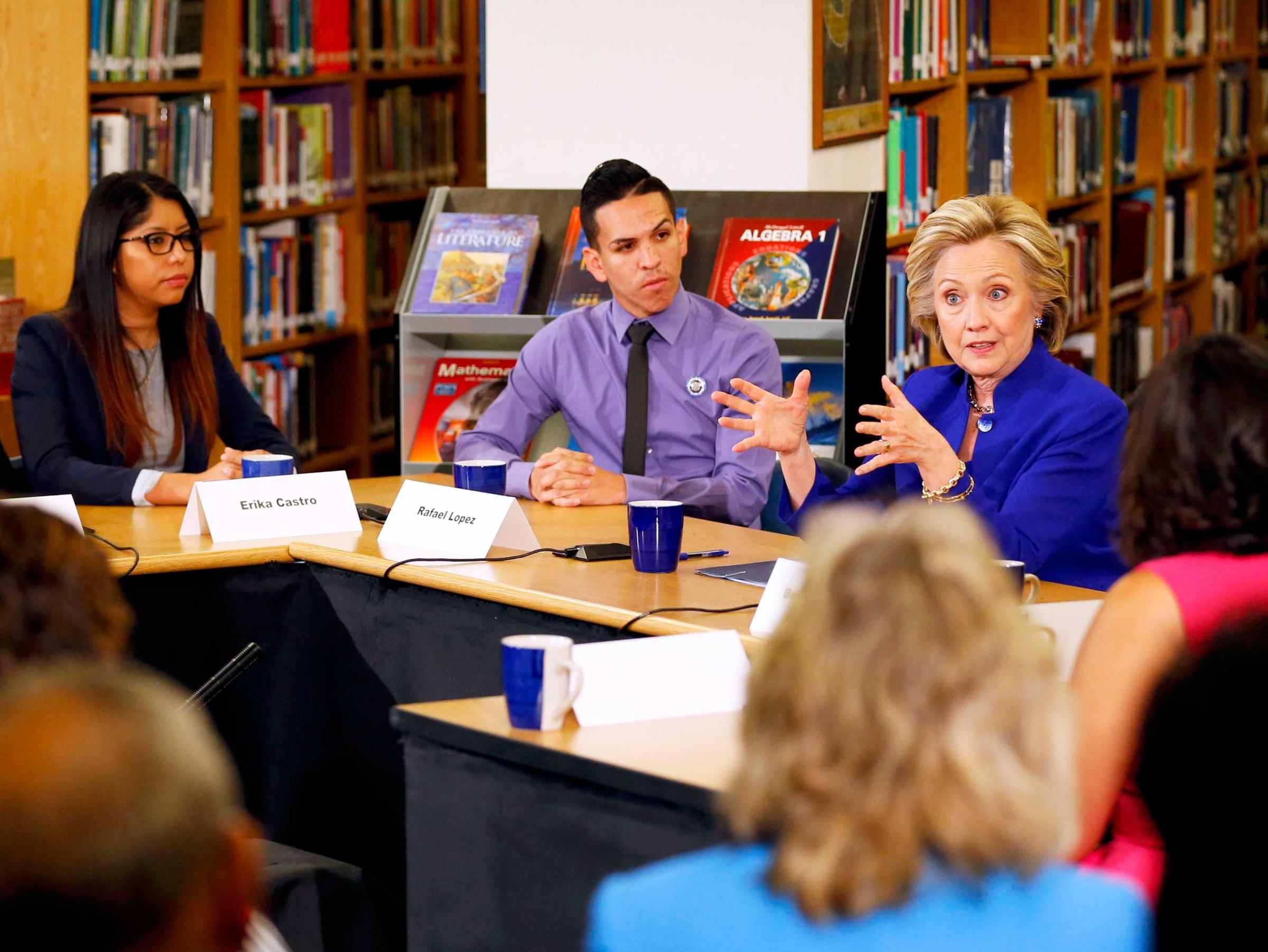
Speaking in measured tones, sometimes slowly and mostly emotionless, except for a description of how the deaths happened, Clinton avoided any serious missteps that might have damaged her presidential campaign. There was no overriding bad moment, as in her 2013 appearance on Benghazi before a Senate committee, when she asked “What difference, at this point, does it make?” in response to a question.
Read More: Watch Clinton’s Most Entertaining Facial Expressions
During one telling exchange, Republican Rep. Peter Roskam of Illinois sought to corner Clinton into taking credit for the American strategy in Libya. Instead, Clinton parried, using his question to discuss her views on foreign policy.
“That wasn’t the Obama doctrine, was it Madame Secretary?” Roskam said, asking whether Clinton’s role in the Libya was an example of her much-touted “smart power.” “This was the Clinton doctrine,” he said.
“No,” Clinton concurred, giving Obama ultimate responsibility on Libya before recounting her own bona fides. “The way we put together the coalition—the way I put together the coalition—that imposed sanctions on Iran, I think there is a lot to talk about. I talk about smart power. You talk about what I believe? I believe you have to use every tool at our disposal: lead with diplomacy, support with development, and when necessary, as a last resort but not a first choice, defense. So, yes, is that what I believe, yes it is what I believe and Libya was to some extent an example of that.”
Clinton has already leaned heavily on her record on the campaign trail, claimed much of the credit for laying the groundwork of the Iran deal, and recounting the miles she traveled to broker a ceasefire between Israelis and Palestinians, defend women’s rights and discuss the risks of climate change.
Meanwhile, Republican presidential candidates have lambasted Clinton for her time in the Obama Administration. Donald Trump has called Clinton “the worst Secretary of State in the history of the United States.” In an op-ed published Thursday by the conservative news organization Breitbart, Florida Sen. Marco Rubio wrote that “the debate about Clinton’s precise role in the Benghazi disaster should not obscure a broader point that is obvious to most observers: Hillary Clinton’s failed record as Secretary of State … has made America less safe at home and abroad.”
Read More: Read Clinton’s Opening Statement at the Benghazi Hearing
While the United States was instrumental in overthrowing the dictator Muammar Gaddafi, Libya remains a war-torn nation bitterly contested by militias and jihadist groups. Clinton advocated for a larger U.S. role in Syria, but the country is now in large part overrun by the Islamic State and there is little evidence American aid has had any effect on the conflict.
Thursday’s hearing provided a chance for Republicans to question her record, and for Clinton to reaffirm her legacy in the Obama administration.
Beginning with her opening remarks, Clinton made a case for American influence around the world, delivering a statement that would serve well on the campaign trail. “We need leadership at home to match our leadership abroad. Leadership that puts national security ahead of politics and ideology,” said Clinton. “Our nation has a long history of bipartisan cooperation on foreign policy and national security. Not that we always agree—far from it—but we do come together when it counts.”
Then she explained how she worked with the Republican chairman of the Senate Foreign Relations Committee and Republican Senate Leader Mitch McConnell to advance democracy in Myanmar.
Conscious of the wider American audience beyond Capitol Hill, Clinton recounted the intensely dramatic nature of her position, saying there were times she received documents so important they were delivered to her in a locked briefcase. In response to questioning from Rep. Susan Brooks about her lack of email correspondence with slain ambassador Chris Stevens, Clinton pointed to her constant liaisons around the world. “I did not conduct most of the business I did on behalf of our country on email. I conducted it in meetings, I read massive amounts of memos, great deal of classified information, I made a lot of secure phone calls, I was in and out of the White House all the time,” Clinton said.
Read More: Most See GOP Benghazi Probe as Vehicle to Hurt Clinton
She also expressed deep concern for the safety of her diplomats, and answered some softball questions from the Democrats on the committee to vividly recall the events of Sept. 11, 2012, in Benghazi.
“We were desperate,” said a visibly emotional Clinton. “What appears to have happened some point later is that Libyans found Ambassador Stevens, and they him brought to the hospital where they labored” to resuscitate him.
In one exchange, Rep. Mike Pompeo grilled Clinton on her management of consulates and whether she did enough personally to oversee security for the ambassadors. Clinton answered with a theory of delegating decisions to lower management.
“You want to find people who are dedicated 100 percent to security,” Clinton said. “You don’t want a Secretary or anyone to dip in and out.”
“Yes ma’am—leaders lead,” Pompeo remonstrated.
While Clinton spoke, her campaign worked overtime. During the hearing, Clinton staffers posted a video of her testimony speaking about keeping testimony. And on Facebook, her campaign broadcasted her message: “Hillary has been testifying at the House Select Committee on Benghazi for hours, and what have we learned? That she was a Secretary of State devoted to upholding our nation’s values abroad, practicing smart foreign policy, and keeping our diplomats as safe as possible.”
Widespread scrutiny of the Benghazi Committee has increased in recent weeks since House Majority Leader Kevin McCarthy claimed that the members successfully hurt Clinton’s poll numbers. A second Republican congressman, Rep. Richard Hanna, said the committee was “designed to go after people and an individual, Hillary Clinton.”
With Gowdy’s committee under fire for its motives, he and the Republican majority appeared chastened during the hearing, mostly refraining from slamming Clinton. But after 11 hours, they appeared unable to point to specific gains from the day.
After the hearing, Gowdy was asked what new insights lawmakers gleaned from Clinton’s testimony. “I don’t know if she testified that much differently today than she has previous times she testified,” he said.
Read Next: Clinton Prepares for Benghazi Showdown
See an Intimate Portrait of Hillary Clinton
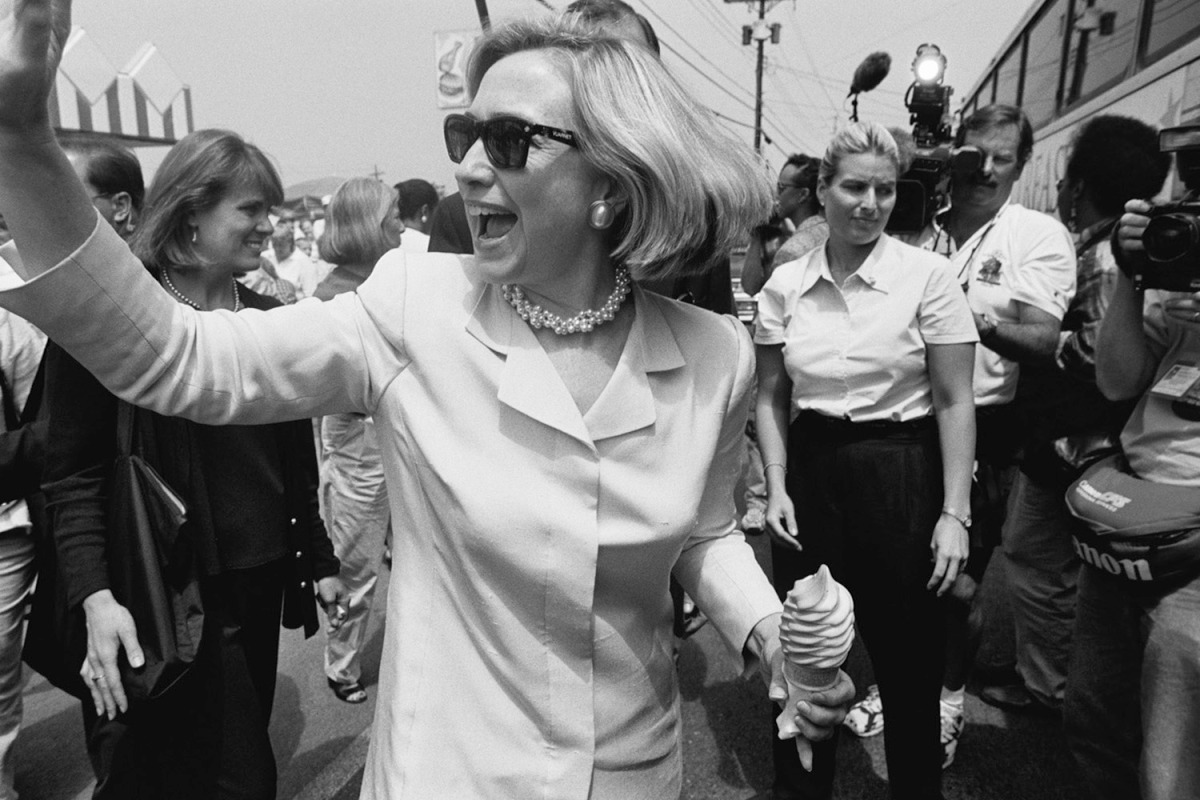
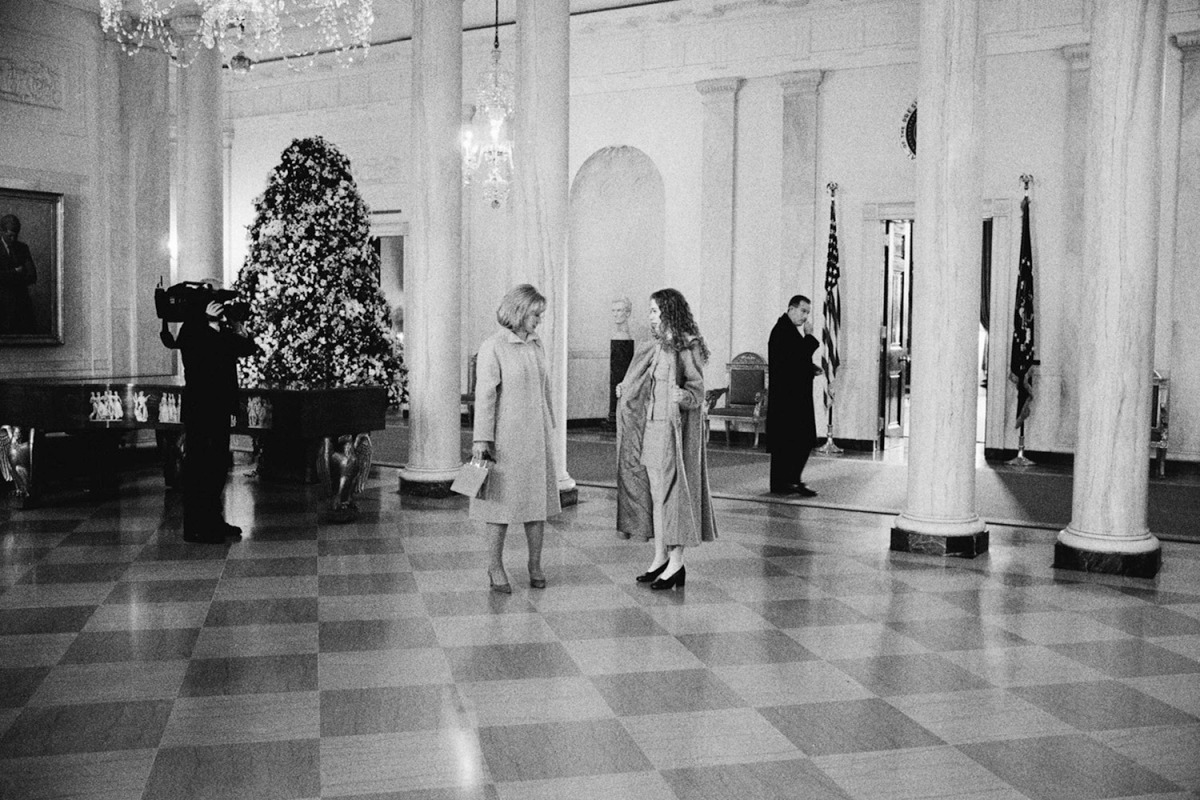
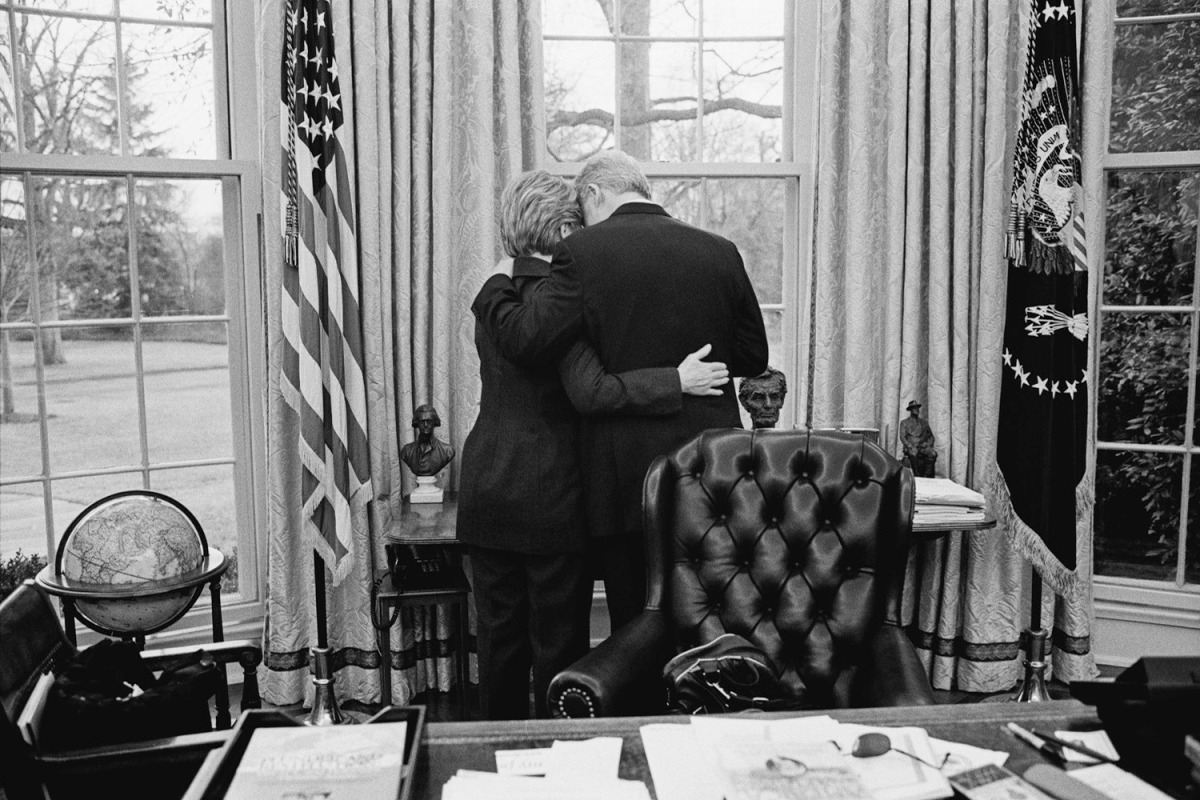

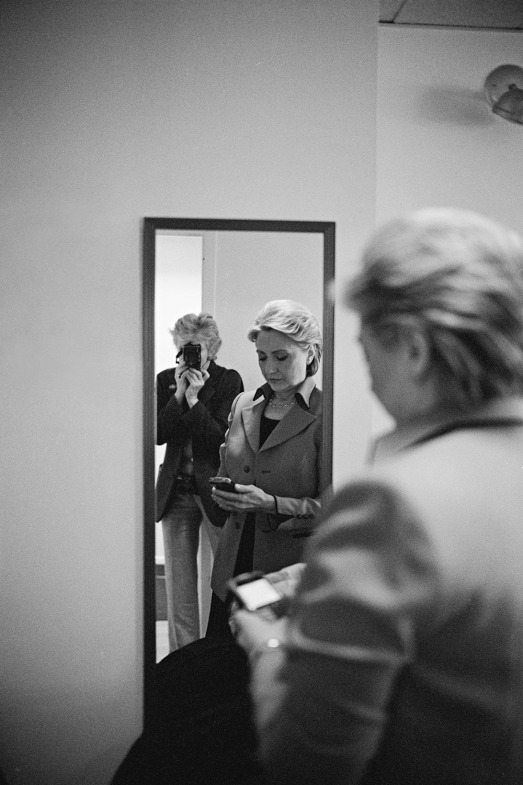
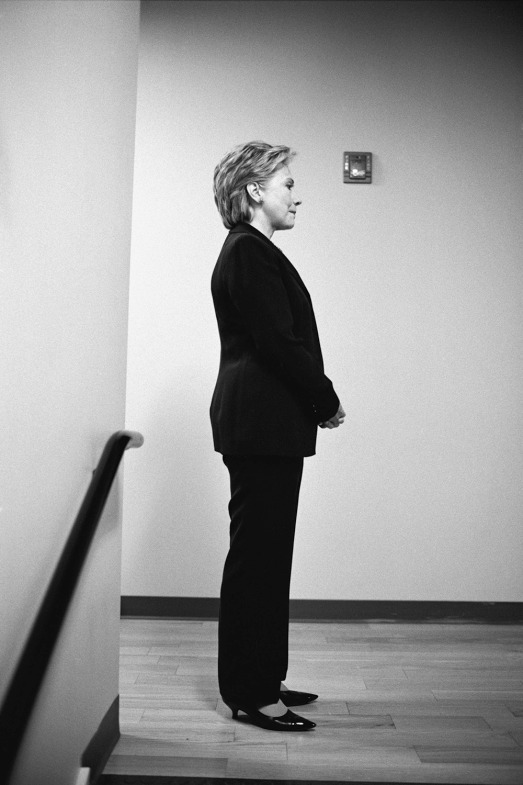
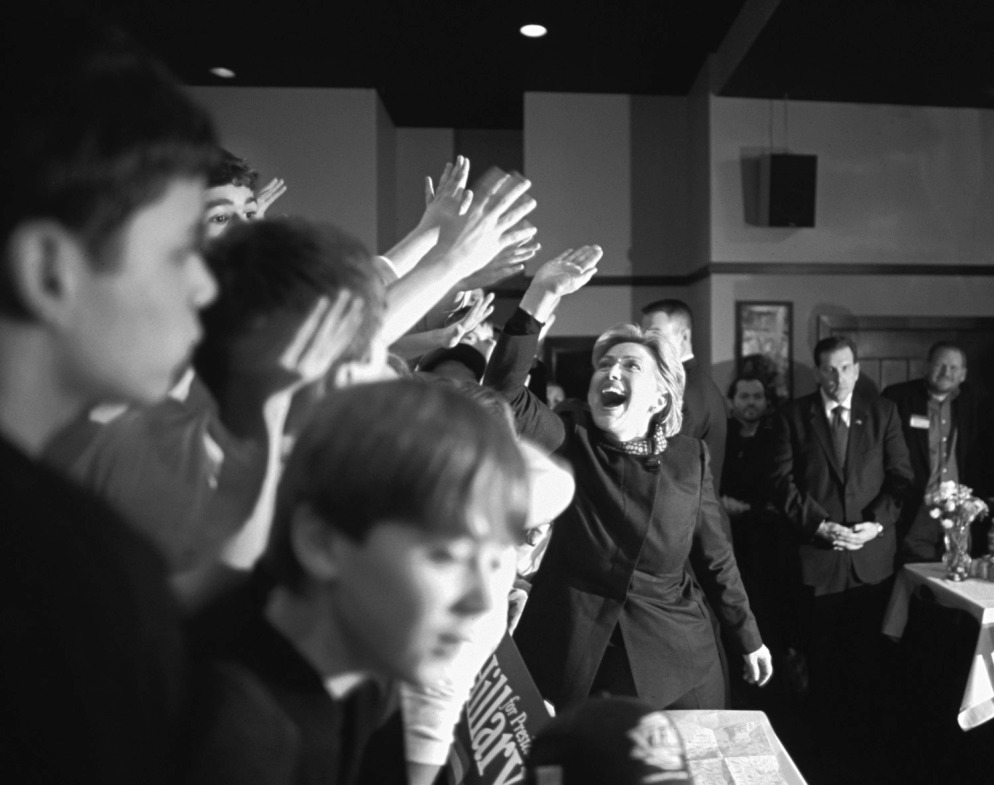
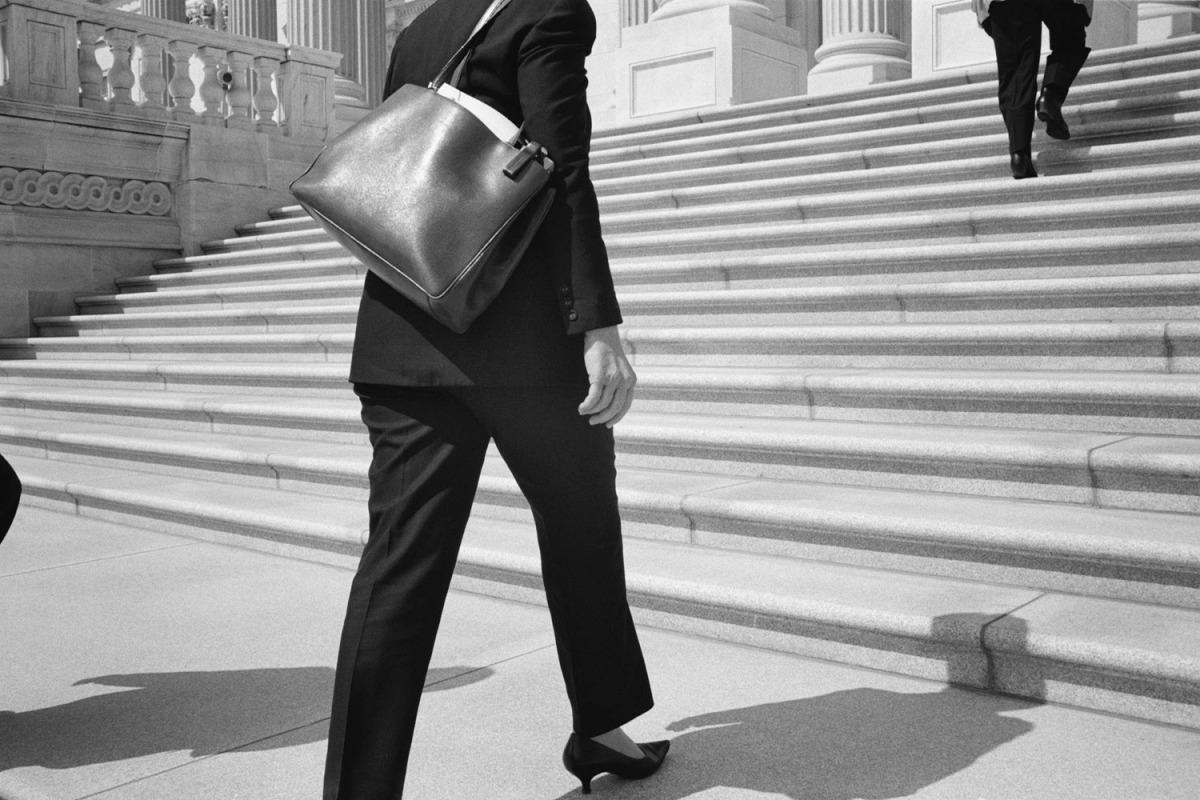
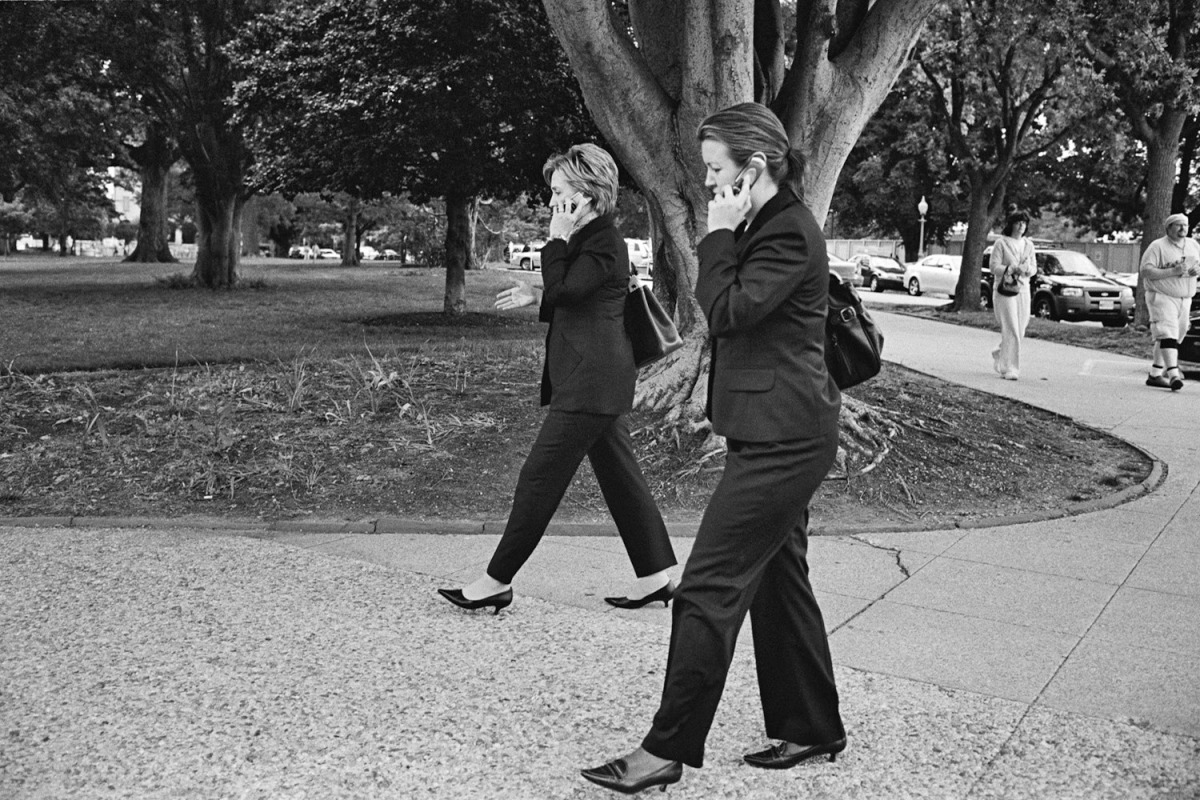
More Must-Reads from TIME
- Why Trump’s Message Worked on Latino Men
- What Trump’s Win Could Mean for Housing
- The 100 Must-Read Books of 2024
- Sleep Doctors Share the 1 Tip That’s Changed Their Lives
- Column: Let’s Bring Back Romance
- What It’s Like to Have Long COVID As a Kid
- FX’s Say Nothing Is the Must-Watch Political Thriller of 2024
- Merle Bombardieri Is Helping People Make the Baby Decision
Contact us at letters@time.com